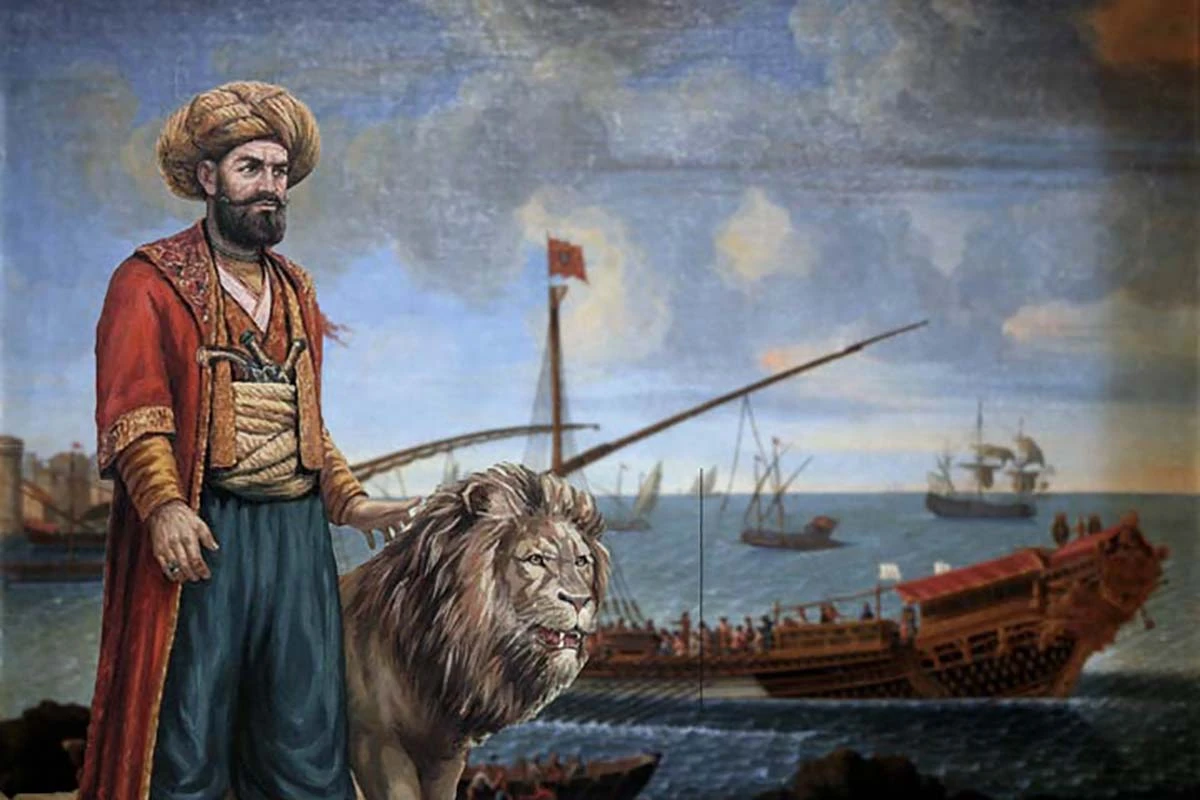Unveiling brutal glory of ancient Olympics: Origins, triumphs and scandals
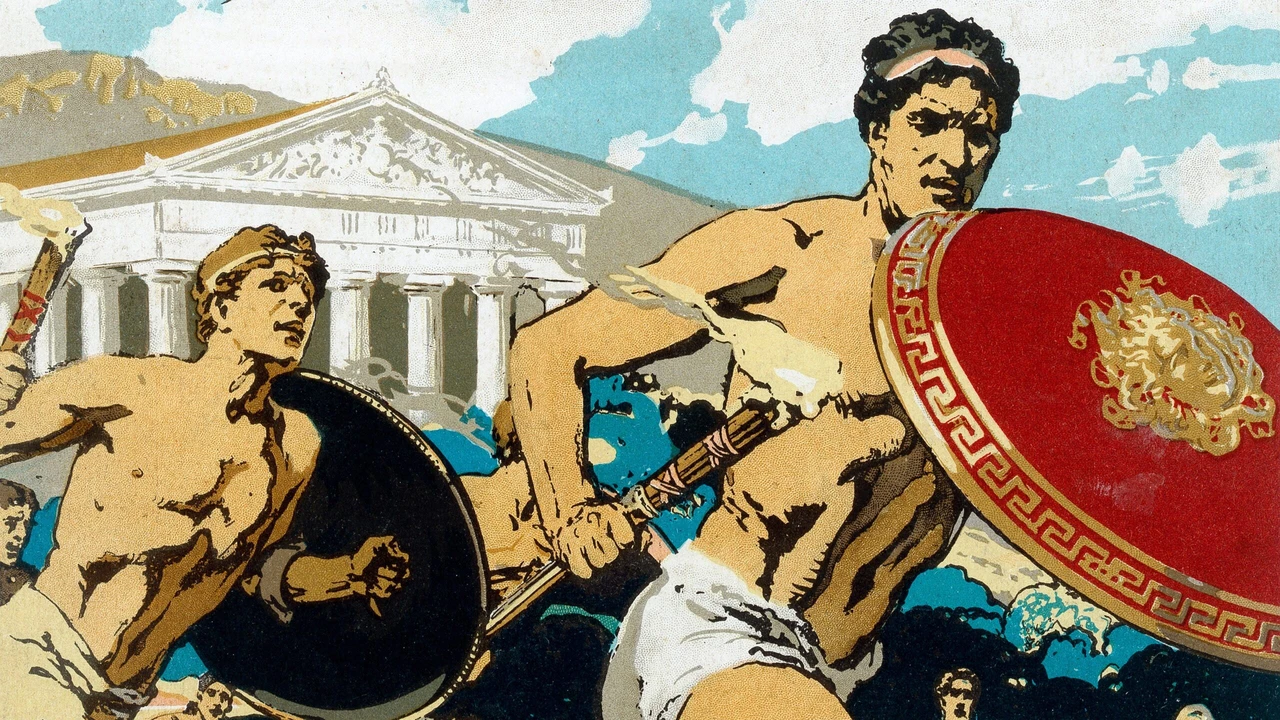 Illustration of first Olympics, unknown artist, August 10, 2012 (Photo by Universal Images Group)
Illustration of first Olympics, unknown artist, August 10, 2012 (Photo by Universal Images Group)
The modern Olympic Games are a direct descendant of ancient Greek festivals held in honor of Zeus. The first recorded Olympics took place in Olympia, Greece, in 776 B.C., at the suggestion of Spartan King Lycurgus.
Although the ancient Olympics were known throughout history as a combination of sport and ritual, they encompassed a wild and brutal world. So, what happened at the ancient Olympics?
First winner of first games: Coroebus
The first recorded winner of the Olympic Games was Coroebus of Elis. This cook-turned-athlete claimed victory in the stadion, a short-distance footrace, in the year 776 B.C. While traditionally marked as the inaugural Olympics, it’s important to note that historians dispute whether this was the actual first games.
Ancient writers believed that up to 27 Olympic competitions were held before 776 B.C., but the results of these competitions were not recorded.
Initially just an event, the stadion eventually expanded to include events such as chariot races, wrestling, long-distance running, and boxing. Initially, the games consisted of one-day races on a 32-meter-wide, 192-meter-long track, but later various events such as disk and javelin throwing, long jump, boxing, wrestling, and chariot races were added, extending the festival to 5 days.
Originally held every eight years based on a belief that the souls of the dead returned every eight years, the Olympic Games eventually adopted a quadrennial cycle.
Even Roman Emperor Nero attempted to organize a music competition in Olympia. Winners were rewarded only with an olive crown, and there were no prizes for second or third place.
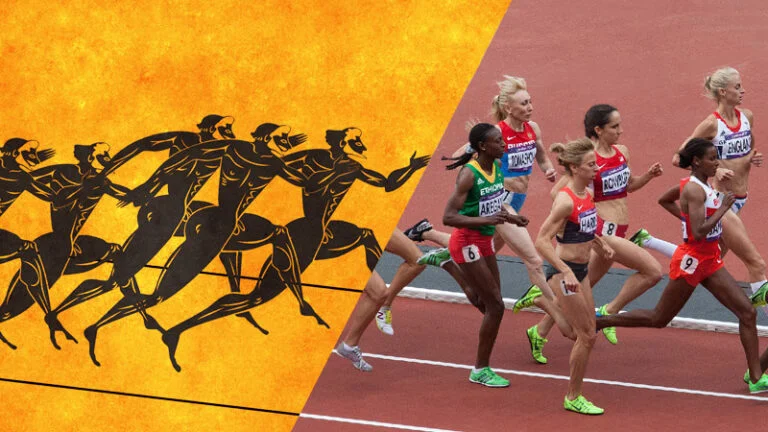
Were there female athletes?
In the early Olympics, only Greek men competed, the events were held naked, and women were not allowed to watch. Competitors began training 10 months in advance and came to Elis a month before the festival to undergo rigorous training with their rivals.
Cynisca, the daughter of Spartan King Archidamus II, is known as the first woman to win at the Olympics. Cynisca, who raised horses, won first place in the chariot races in 396 B.C.
However, participating in the games could be quite dangerous. In a tragic instance, two brothers, driven by the Olympic dream, clashed in the arena and died.
The allure of the ancient Olympics captivated everyone. People flocked from far and wide to witness the spectacle, making the journey a significant undertaking. Orator Menander famously described the arduous nature of this pilgrimage, while Roman statesman Cicero expressed his keen desire to attend the Games in 44 B.C., he was unable to make it due to unforeseen circumstances.
Travelers would stay in inns upon arriving in Olympia and mingle with the locals. Plato’s story during his time in Olympia shows the importance of hospitality and social interaction.
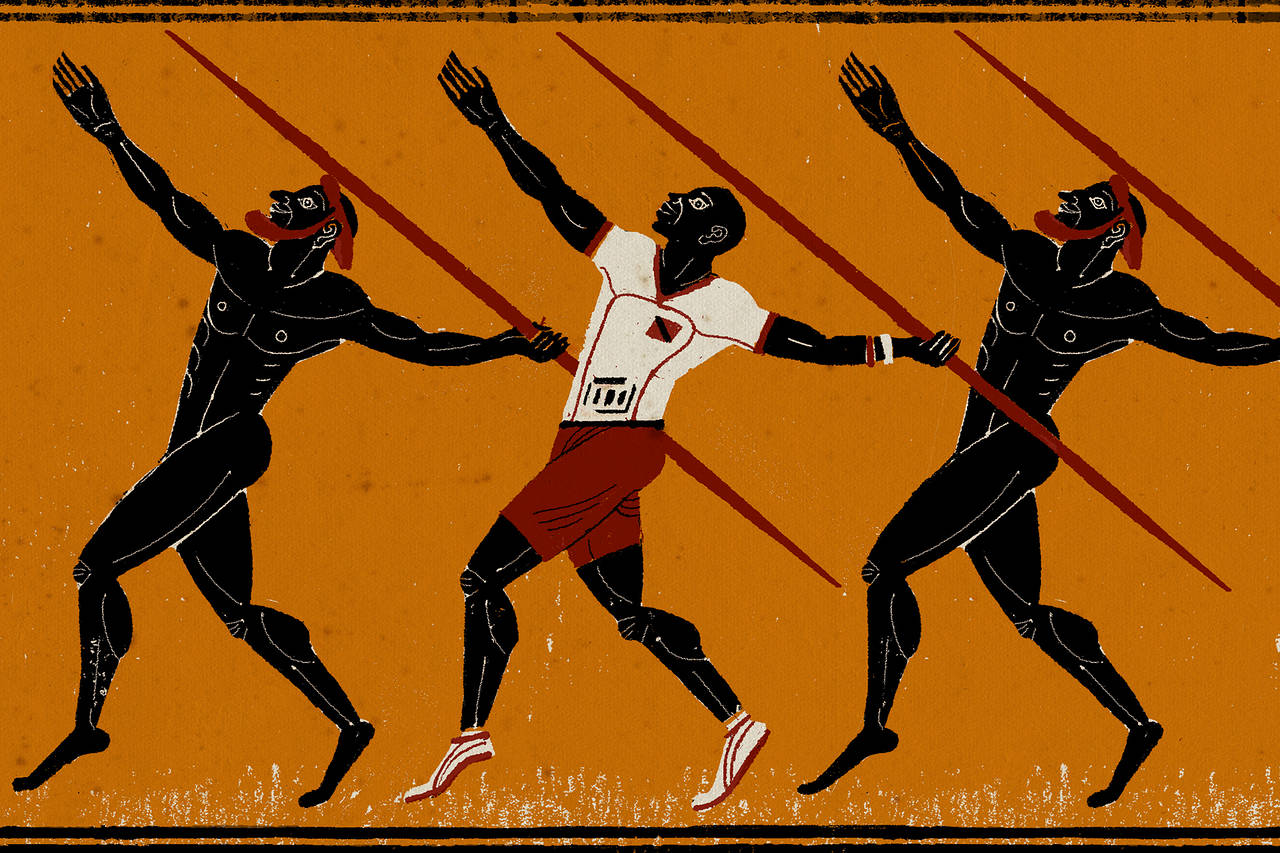
Was there doping in ancient Olympics?
Although there were no performance-enhancing drugs (doping) in the ancient Olympics, cheating and bribery were among the biggest issues of the time. Greek athletes and officials, despite strict rules for fair play, tried to gain advantages through various methods by violating these rules.
There is plenty of evidence that cheating was common in the ancient Olympics. David Gilman Romano, a Greek archaeology expert from the University of Arizona, notes that athletes resorted to cheating and that this held a significant place in the social structure of the time. Clarence A. Forbes from Ohio State University stated that although the ancient Greek Olympic Games were fair, various cheating methods were present.
Athletes were subjected to spells or bribery
In ancient Greece, spells were cast to prevent athletes from succeeding. According to Romano, curse tablets were used to employ various methods to make opponents fail. It was common for athletes and city-states to manipulate the games through bribery.
For example, in the second century B.C., the traveler Pausanias noted that cheating and bribery were an inseparable part of the ancient Olympics. According to Pausanias, city-states preferred to buy successful athletes with bribes to compete for their benefit.
In the 98th Olympics in 388 B.C., it is known that the Thessalian boxer Eupolus received bribes from his opponents and was punished. Additionally, monumental penalties were imposed on cheaters and coaches; these monuments served as a warning to other athletes.
Even spectators could cheat at the ancient Olympics; for example, a woman tried to watch the games disguised as a man and was punished when caught.
Although modern Olympics have come a long way from ancient times, they still encounter scandals. This shows how the nature of humanity and the competitive spirit have not changed throughout history. Cheating in the ancient Olympics parallels ethical issues in today’s sports world.
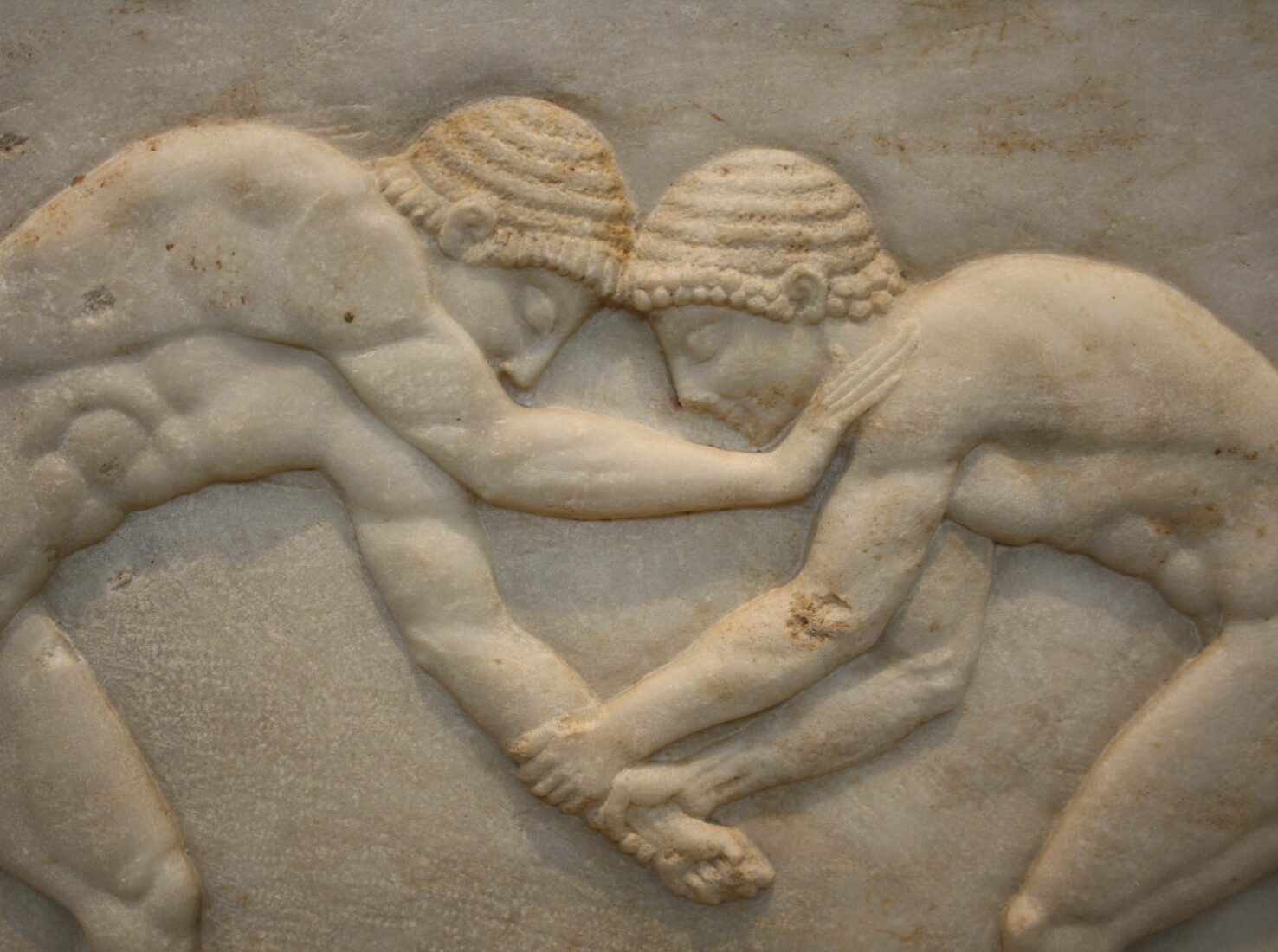
End of ancient Olympics
The Olympic Games ended during the reign of Roman Emperor Theodosius II, between 408-450 A.D.
The end of games may have been due to the destruction of the Temple of Zeus in a fire. The ancient Olympics did not resume until the first modern Olympics were held in 1896.
These ancient games continue to be a great fascination for both sports enthusiasts and historians. The true face of the ancient Olympics reflects a brutal and exciting history of sport beyond the legends.

